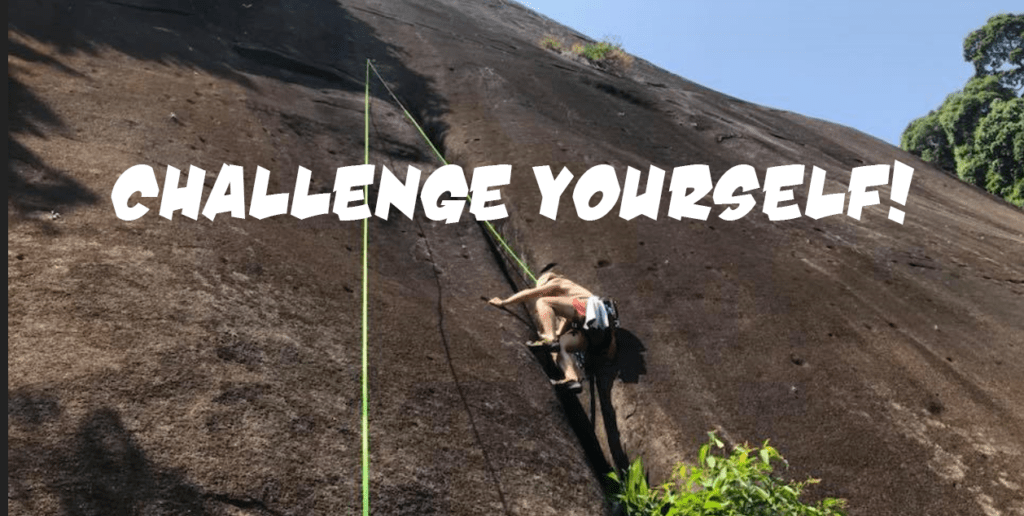My favourite Buddhist monk and comedian, Ajahn Brahm, once told the story of a fellow monk, who was overlooking the building of a new hall in his monastery in southern Thailand. The work progressed very well until the beginning of June. That’s when the rainy season sets in, usually lasting until October. During this time, the monks stop doing their regular work and spend more time in contemplative study and meditation. It’s often referred to as “Buddhist lent” or “rain-retreat.”
As the daily monsoon downpours began, the abbot ordered a stop to the work on the construction site and sent all the workers home.
It happened that during that rainy season some visitors came to the monastery and saw the unfinished building and the abbot sitting quietly in reflection. With no builders in sight, a visitor asked the monk when the construction of the hall would be finished. The abbot without any hesitation answered, “The Hall is Finished!”
The visitor was a bit confused and asked; “But I cannot see the roof. There are no windows. The floor is not properly done yet and cement bags are lying around everywhere. It surely is not finished.”
The abbot smiled back at him and gently replied, “The Hall is finished. What’s done is finished!” and he went away.
Beautiful. What’s done is finished. In other words, what you’ve accomplished to date is complete. What you’ve done is what you’ve done. Is this any cause for concern? Is it a reason to be dissatisfied?
Be happy in what you’ve done. Don’t look at it as simply a stepping stone to something more and something more … and something more beyond that. And don’t obsess about what you haven’t done … yet. That’s a recipe for unhappiness, as you’ll never feel really fulfilled.
Ajahn Brahm’s little story reminded me of the German concept of “Feierabend.” Literally translated, it’s a combination of the words “celebration” and “evening.” No, it doesn’t mean “happy hour.”
Its original meaning is not a time to party, but a time to make a clean break when work ends and really disconnect, allowing us to have fun, relax, rest and recharge.
It might seem surprising that Germans, who are often stereotyped as hard and efficient workers, cherish their leisure time and will stand firm to protect it, but working and leisure can be seen as complementary, not conflicting. Using quality time after “Feierabend” effectively can help us decompress from the stress of the day and approach the next day of work with a fresh pair of eyes, hands and perspectives. And doesn’t that make us more productive?
Encouraging employees to make a clean break and leave work behind when the day is done certainly can help improve productivity, but what happens when there are no clear boundaries between work and home, because you’re working at home?
Observing my own work habits during the pandemic, it feels as if the boundaries between work and leisure time have been blurred to say the least, if not completely obliterated. With no clear commute home after working hours, I catch myself sneaking into my office after “Feierabend” to check on new emails or messages from a long day of work. It doesn’t help that my office is part of the living room and available 24/7.
Studies show we’ve been working longer hours during the pandemic. In the US and UK, we’ve increased our average daily working hours from 8-9 respectively to 11 hours. The effects are higher levels of anxiety, stress, incidences of burnout and depression… and very possibly lower productivity, despite the increased time spent working.
When work is done, let it be done… really done … completely done, until it’s time to start again. That takes a clear intention. Here’s one man’s creative method for making this work. At the end of the day, he backs out of his office, points at the work at his desk and calls out, “Stay!”, the same way you’d command a dog to obey. He shuts the door behind him and he’s gone.

Here’s my challenge for you. In the morning, set a specific time by which you will finish your work for the day. Call this time of the day “Feierabend”. Go ahead and actually put it in your calendar. As you approach the end of your work day, outline what still needs doing tomorrow and put it on your to-do list. Then, shut down your computer, switch off from work-related communication and tell yourself, “What’s done is finished!”
Once you’ve made this clean break, do something that nurtures and recharges you to “celebrate” your “evening.” Enjoy this precious time off with activities that are totally yours and see if you don’t just surprise yourself with how much more gets done the next day, as you approach challenges with a fresh and recharged mindset.
-Joerg

Leave a Reply